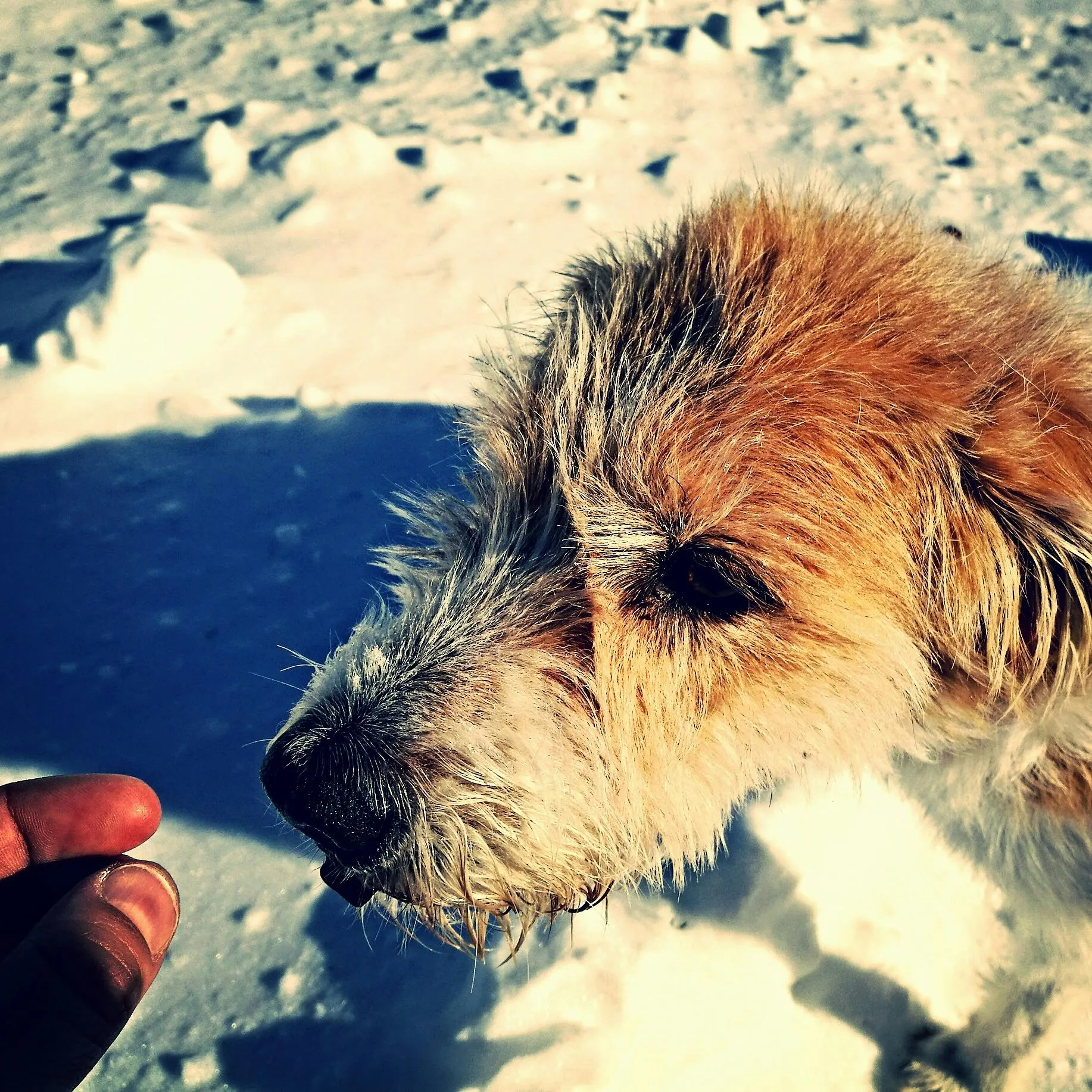It’s the middle of the night, and you’re stirred awake, not by a clandestine visitor, an alarming nightmare, or the irritating buzz of a mosquito, but your dog. Yes, your sweet, fluffy companion is snoring like a worn-out steam engine. But, is it as benign as it appears? Could our furry friends be suffering from sleep apnea, much like humans?
A Silent Threat? Understanding Canine Sleep Apnea
Our dogs wear their hearts on their paws, per se, but when it comes to suffering, they hold their cards closer. Dealing with aversive experiences with an unyielding stoicism is their forte. What if sleep apnea, a silent, often overlooked condition in humans, is lurking in their nighttime repertoire?
What Exactly Is Sleep Apnea?
Oscar Wilde famously said, “To define is to limit,” but in the sphere of sleep apnea, defining could potentially be a stepping stone to comprehending and eventually, conquering. So, what is sleep apnea, really?
Sleep Apnea is a sleep disorder marked by a pause in breathing or instances of shallow or infrequent breathing during sleep. Each pause, called an ‘apnea,’ can last for a few seconds to a few minutes and may happen many times a night.
Now, Can Dogs Experience Sleep Apnea?
The simple answer is: Yes, they can. But in our world, a simple answer seldom does justice. Let’s delve deeper into the complexities of canine sleep apnea.
Spotting The Signs: Sleep Apnea In Dogs
If your beloved canine companion were a Shakespearean protagonist, they’d soliloquize their sufferings. But since that’s unlikely, how do we glean nuggets of insight into their nocturnal nuances? Here are a few tell-tale signs that point towards potential sleep apnea in your dog:
- 1. Loud Snoring
- 2. Restlessness During Sleep
- 3. Choking or Gasping During Sleep
- 4. Long Pauses in Breathing
What Causes This Condition In Dogs?
Just as a variety of factors can cause sleep apnea in humans, sleep apnea in dogs also springs from multiple sources:
- Obesity
- Short-nosed Breeds
- Respiratory Conditions
- Age
Unveiling The Treatment Terrain
We’ve ventured into the shadowy alleyways of Sleep Apnea Town; now, it’s time for the magic of science and veterinary medicine to shine a bright lantern over its remedies.
Can We Treat Sleep Apnea In Dogs?
In today’s world, where the wings of scientific progress enable us to dream big and achieve bigger, we can, indeed, treat sleep apnea in dogs, and quite effectively, at that!
What Does The Treatment Process Look Like?
Treatment for canine sleep apnea can range from lifestyle changes, including weight loss regimes and positional therapy, to surgical interventions for more severe cases.
Can My Dog Have A Good Night’s Rest? The Answer is Barking Up The Right Tree
Now that we’ve unmasked the hushed whispers of dog sleep apnea, can it be concluded that our fuzzy friends aren’t just snoozing but silently screaming for help? The answer is a loud and resonant—maybe. Like most medical conditions, sleep apnea in dogs isn’t a one-size-fits-all diagnosis. So, if your dog exhibits any symptoms, reach out to your neighborhood vet right away, as early detection is a crucial part of successful treatment!

